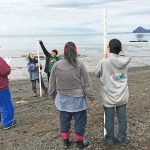A changing climate poses unique challenges to coastal residents in Alaska and worldwide. To raise awareness and discuss law-based solutions, Alaska Sea Grant cosponsored the Symposium on Climate Displacement, Migration, and Relocation in Honolulu, attended by nearly 100 people.
Erin Shew, Alaska Sea Grant Knauss Fellow at the White House Council on Environmental Quality, was a key organizer. The symposium highlighted how climate change is influencing displacement of Pacific peoples because of sea level rise, including Alaska and the Marshall Islands.
In Alaska coastal communities, coastal resilience specialist Davin Holen cohosted many workshops on adapting to climate change effects such as warming, absence of sea ice, erosion and flooding. Hundreds of participants provided ideas and suggested materials.
“This is exciting as it will be a unique framework and tool for tribes as they decide how to move forward in building more resilient communities,” said Holen of the workshop outcomes.
A key result is the Adapt Alaska website, designed to help Alaskans monitor changes, mitigate impacts, and adapt to a changing ocean and terrestrial environment from Southeast Alaska to the Arctic. The new website is a place to share stories, adaptation solutions, and links to Alaska data.
Ocean acidification, one result of climate change, is of concern to Alaskans because of their heavy reliance on fisheries. Holen and several Marine Advisory agents, with 15 partners, established the Alaska Ocean Acidification Network this year. The network enhances monitoring and engages scientists, fishing and aquaculture industries, policy makers and coastal residents.






